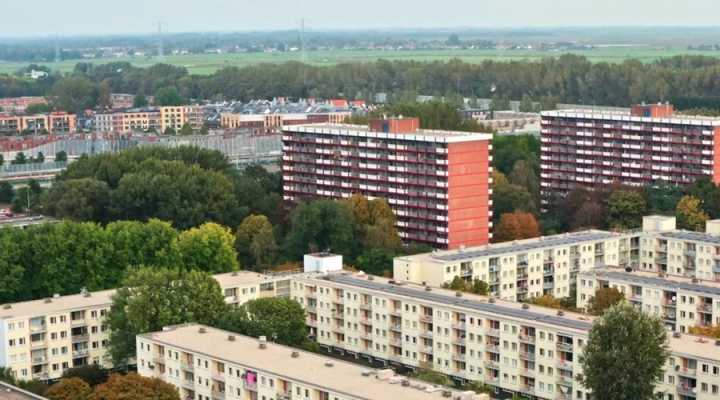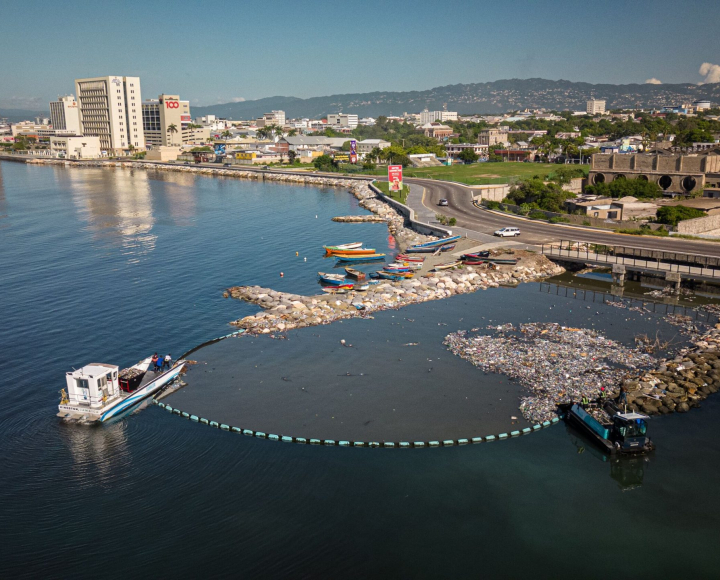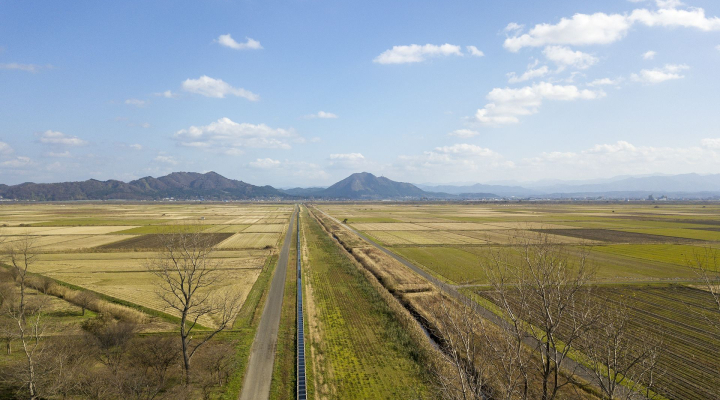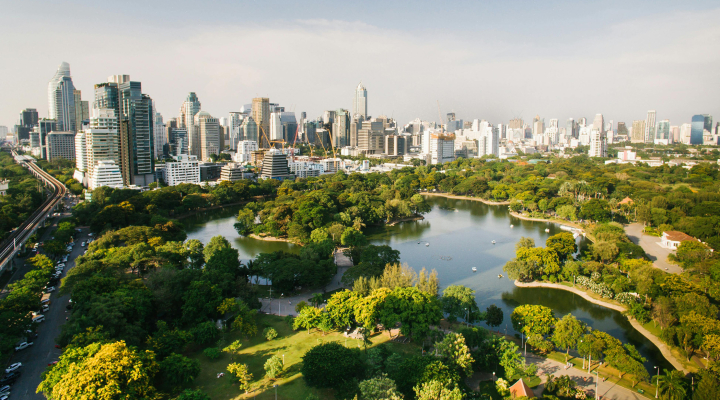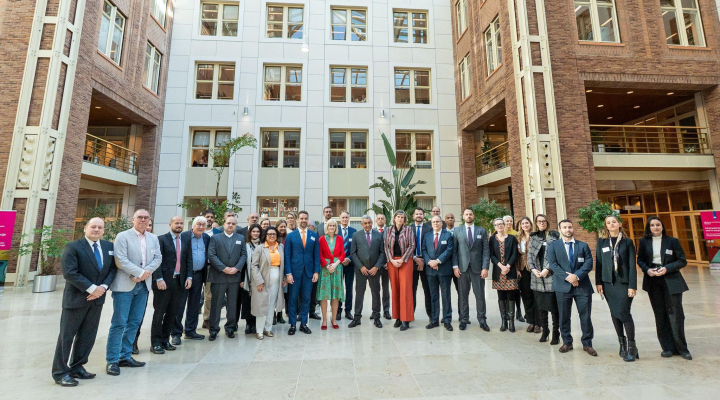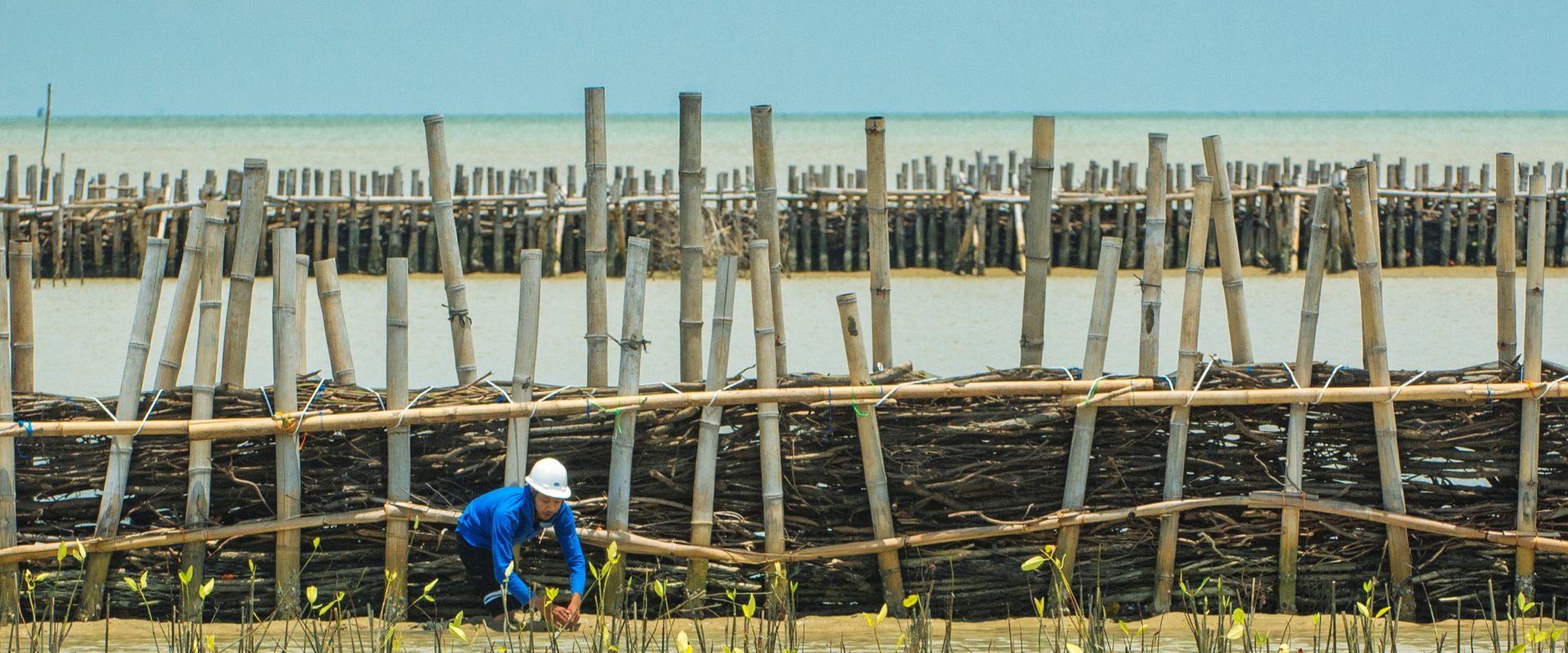
Potential of blue carbon for coastal restoration
Dredging company Royal Boskalis and global non-profit organisation Wetlands International announced the joint exploration of 'blue carbon' ecosystems to enhance and restore coastal wetlands.
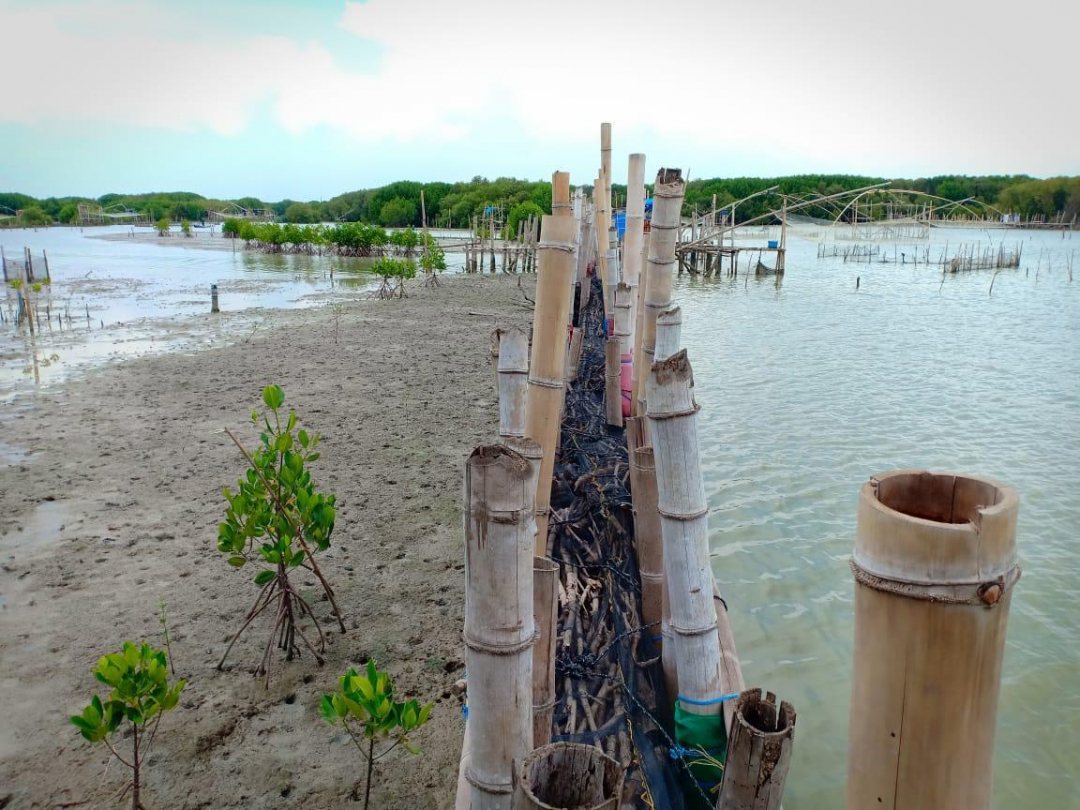

Potential of carbon storage
The recently signed agreement will see the organizations first focus on developing the expertise and knowledge of ‘blue carbon’ ecosystems that can contribute to climate targets, adaptation and biodiversity conservation. ‘Blue carbon’ refers to the carbon stored by the world's coastal ecosystems, mostly mangroves, salt marshes and sea grasses.
It is estimated that mangroves can store up to 8 Mg CO₂e/ha (tons of CO₂ equivalent per hectare) annually. This is four times greater than global rates observed in mature tropical forests. Mangroves can provide up to 1.6 billion US dollar each year in ecosystem services.
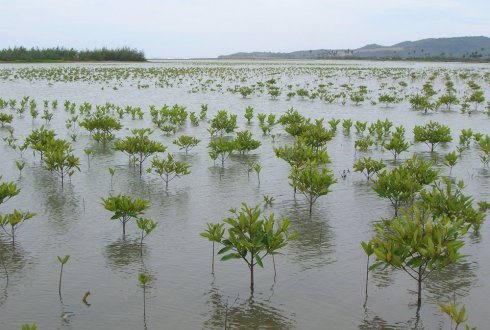

Coastal flood protection
With increasing risks of flooding and erosion, the impacts of climate change on coastal systems and communities are becoming ever more apparent. The dredging sector has a large role to play in safeguarding these areas, providing innovative ways to protect coastlines and introducing adaptive measures.
Boskalis and Wetlands International have worked together for several years as active members of Ecoshape, a pioneering consortium developing ‘building with nature’ principles to support nature-based flood defenses, coastal restoration, resilient deltas and sustainable ports.
Noteworthy projects undertaken together include the ‘Building with Nature Indonesia’ programme, where mangrove rehabilitation and nature-based coastal protection provide a foundation for local economy and community development.
Nature-based approaches
Jane Madgwick, Chief Executive Officer of Wetlands International said: ‘Together with Boskalis, we aim to further develop our blue carbon knowledge and expertise to help nature-based approaches become best practice across the maritime and dredging sector.’
Theo Baartmans, Board Member and Chief Operating Officer, Boskalis: ‘As a leader in the industry, Boskalis is keen to further develop nature-based solutions. By collaborating with Wetlands International we can combine our expertise to protect and further enhance coastal wetland habitats whilst simultaneously utilizing their potential to store carbon.’




